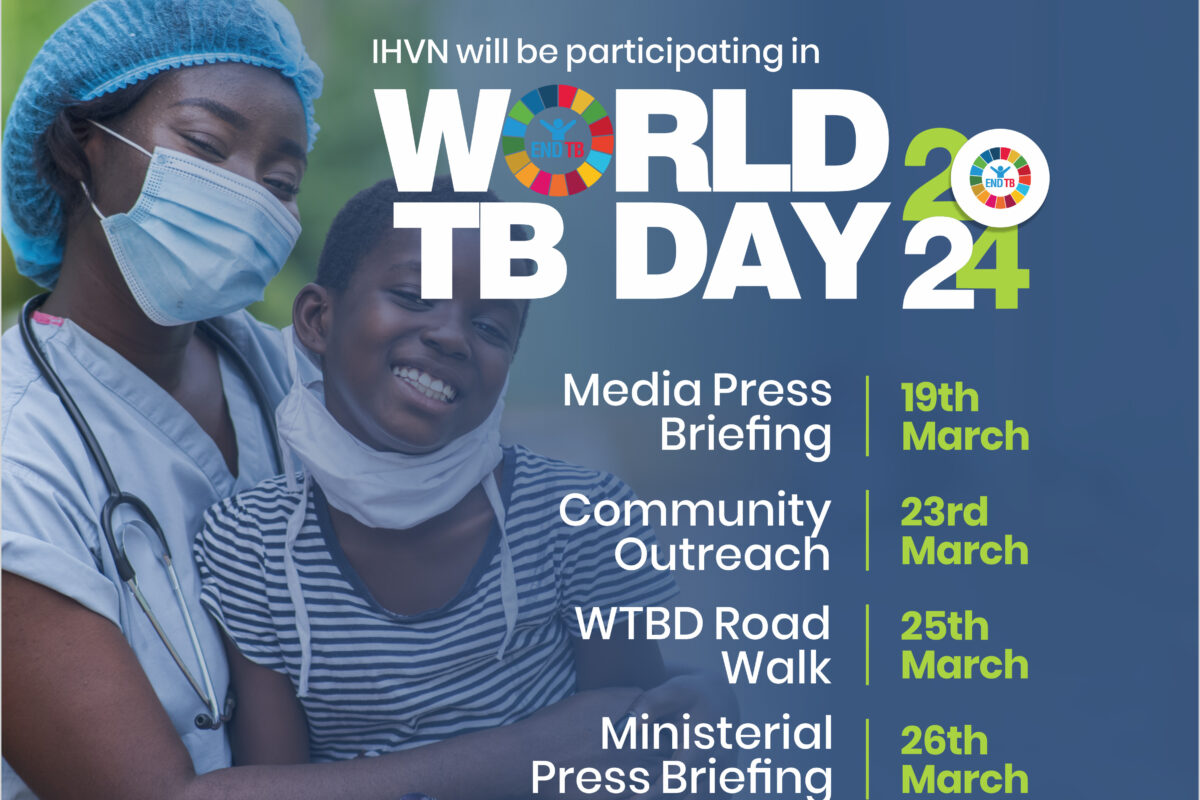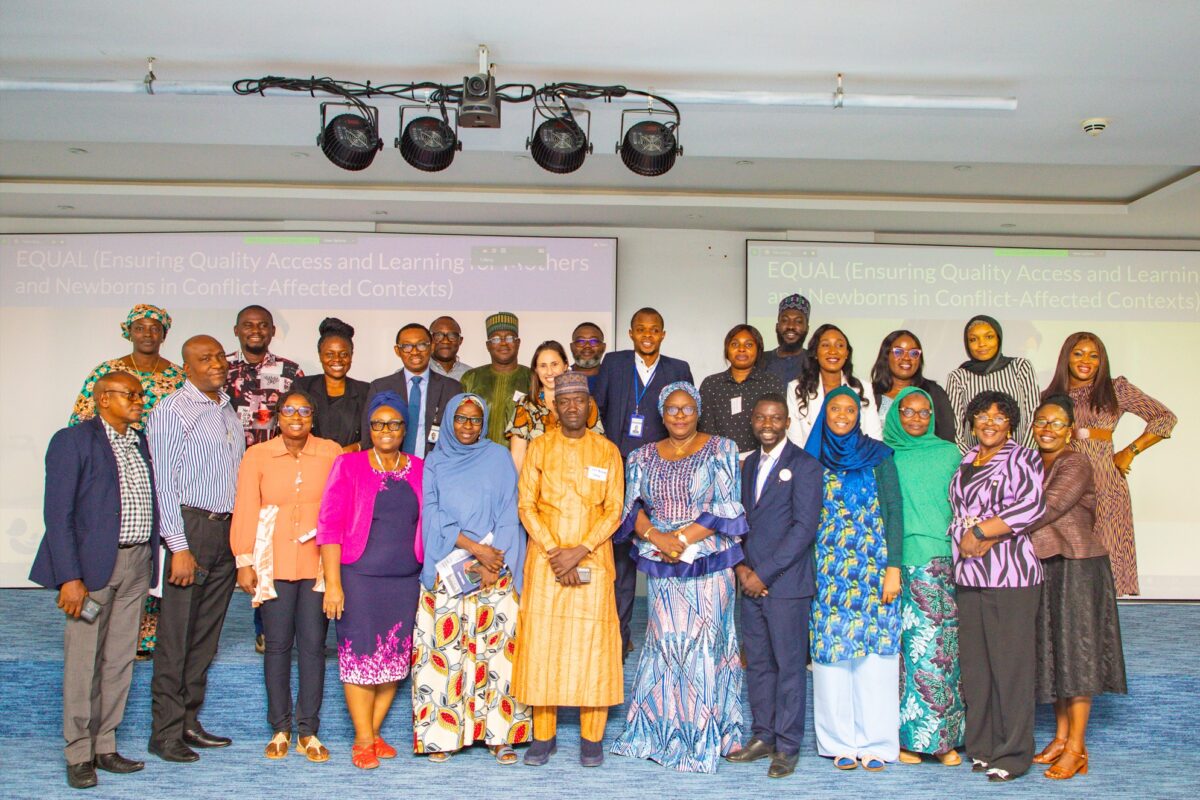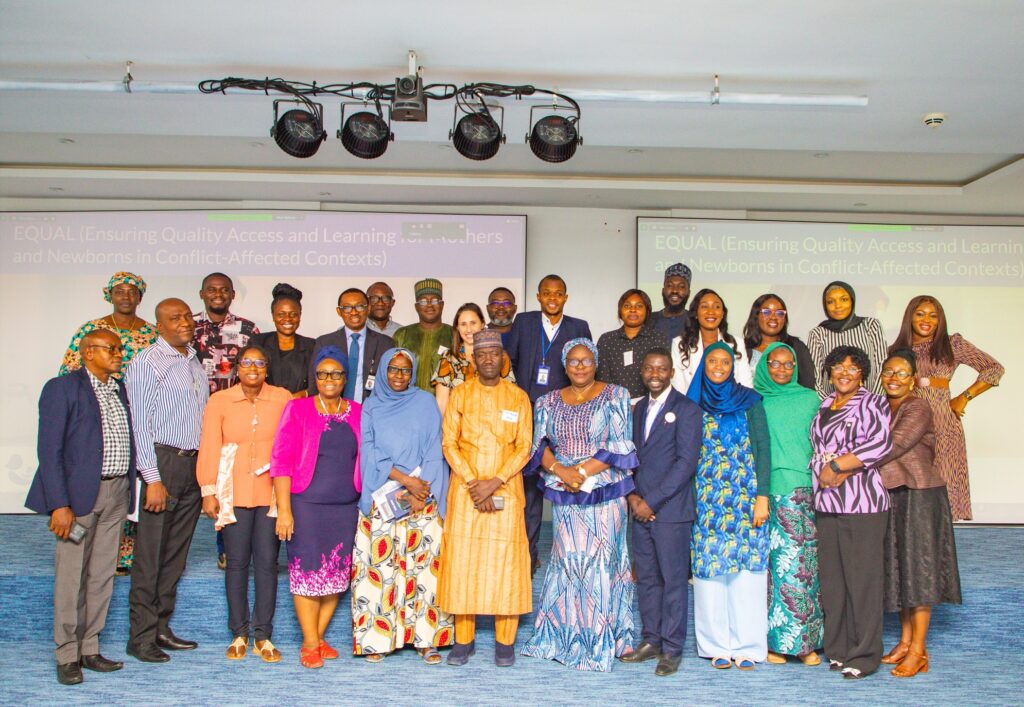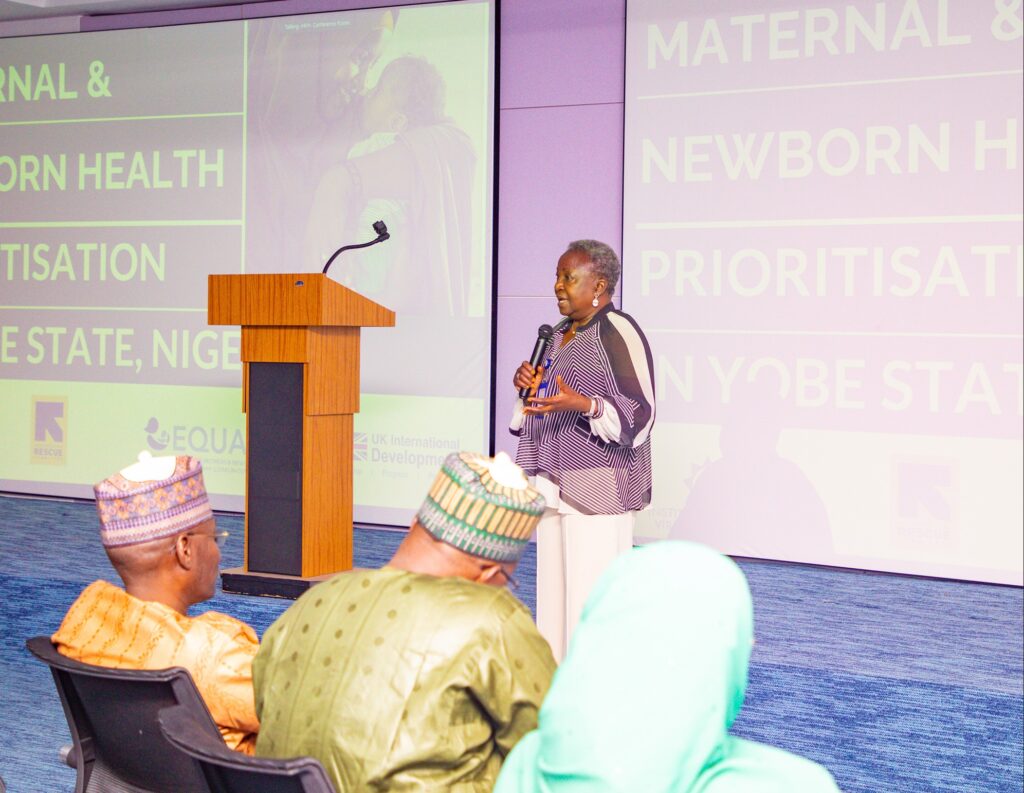Every year, the world commemorates World Tuberculosis Day on March 24th to raise awareness about tuberculosis and efforts to eliminate the disease. The global theme for this year’s activities is “Yes We Can End TB” with the national theme being, “Yes We Can End TB…No Gree for TB.”
Institute of Human Virology Nigeria (IHVN) will be joining the National Tuberculosis, Leprosy and Buruli Ulcer Control Program (NTBLCP) and other organizations for community outreaches, a road walk, press briefings, amongst other activities.
IHVN Director of Programs, Special Projects, Dr. Aderonke Agbaje, states that “219 out of every 100,000 Nigerians have tuberculosis and each person with tuberculosis could infect 12-14 close contacts in a year.”
Dr. Agbaje called on Nigerians to take advantage of the free tuberculosis services available at health facilities and through community outreaches.
“Nigerians should pay attention to the information being provided about their health. Walk to the nearest health facility, State Ministry of Health, or local government health service provider to seek information and to be properly directed to where they can get tuberculosis services,” she said.
To address tuberculosis in Nigeria, IHVN implements the USAID/Nigeria Tuberculosis Local Organization Network (TB-LON 3), a five-year project to scale up tuberculosis services and find missing TB cases. It started in April 2020 and is engaging stakeholders to strengthen a resilient system for sustainable TB control in Lagos, Ogun, Oyo, and Osun states.
IHVN is also funded by The Global Fund to Fight AIDS, Tuberculosis, and Malaria as a Principal Recipient to implement the Grant Cycle 7 (GC7) grant. The grant is a combined effort for tuberculosis (TB) and HIV and is focused on ensuring early diagnosis of TB and HIV while providing comprehensive care for affected individuals. The grant, which runs from January 2024 to December 2026, will increase the provision of tuberculosis services in the community and through public-private partnerships. Other grant objectives include expanding HIV testing for all pregnant women in communities and strengthening laboratories and supply chain management.




